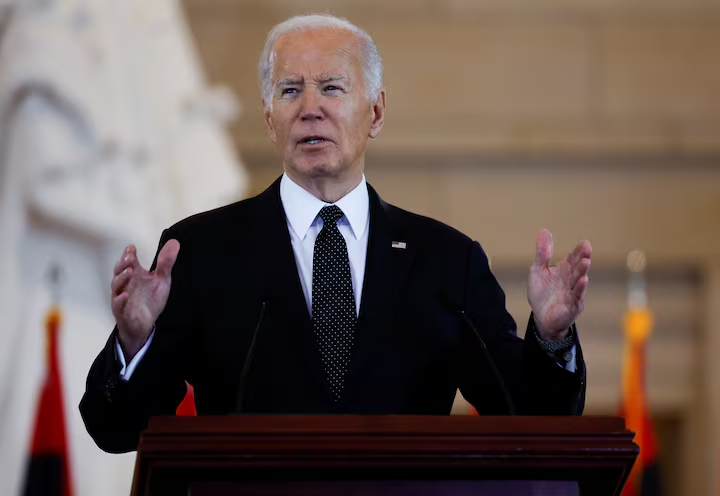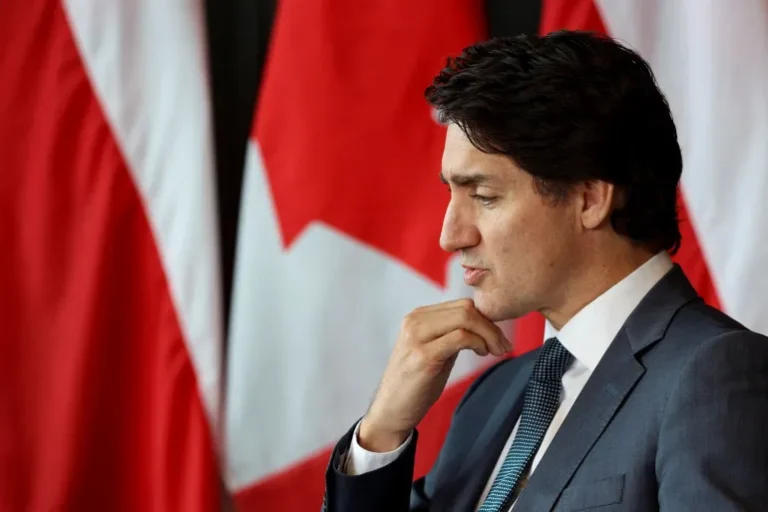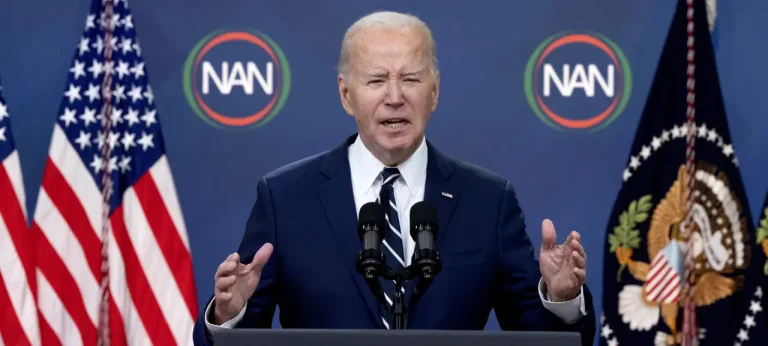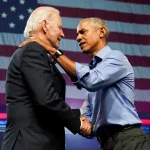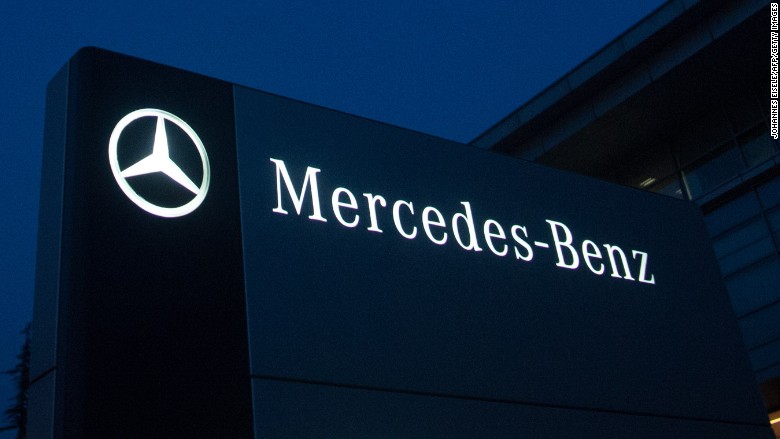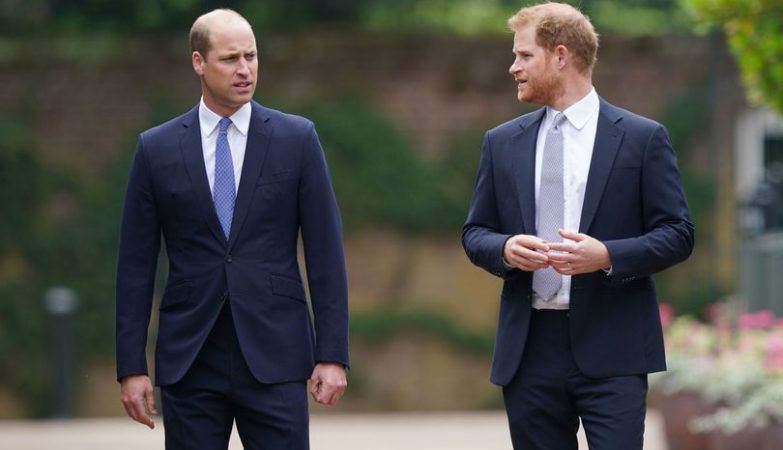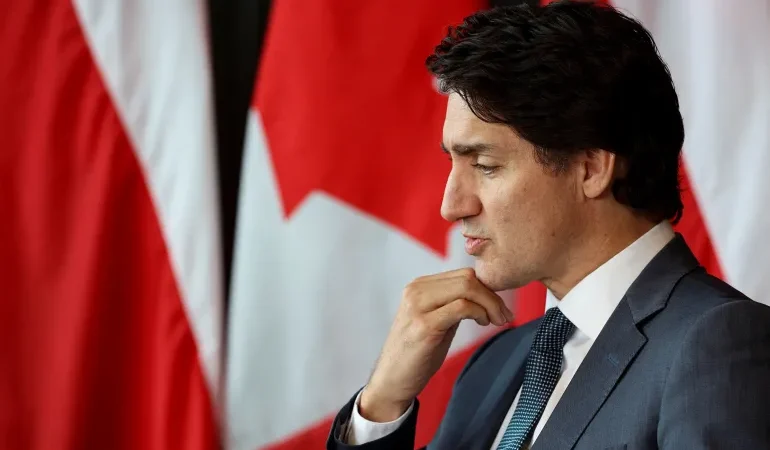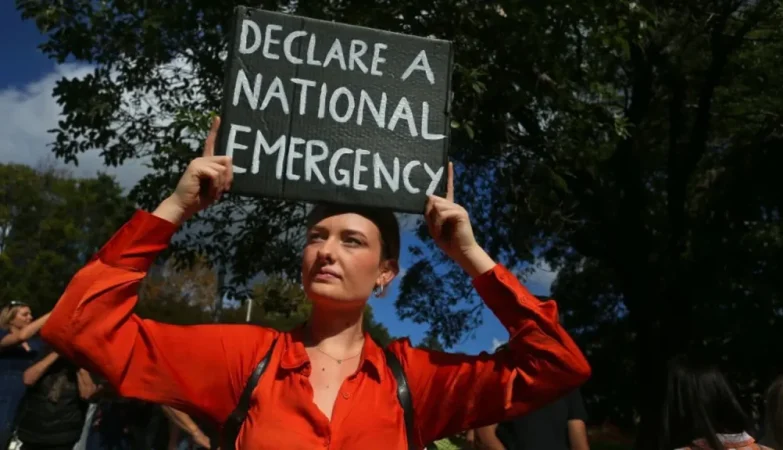A difficult legacy awaits Josep Borrell. On 1 November 2019, he will succeed Federica Mogherini as High Representative (HR) of the European Union for Foreign Affairs and Security Policy. During Mogherini’s five-year term of office, the external conditions for the EU’s Common Foreign and Security Policy (CFSP) have changed radically: Russian foreign policy has become revisionist; China is no longer just an extended production line but a systemic rival; and US President Donald Trump pursues a transactional foreign policy and sees the EU as an opponent. The politics of rival great powers is increasingly calling into question the EU’s foreign policy model, which is based on multilateralism and a rules-based international order.
If the EU is not to become a mere pawn in this game, but to actively shape international politics, it must act more than ever as a unified global player in the future. In recent years, however, the EU member states have in practice found it increasingly difficult in almost all policy areas to resolve their differences and find joint European compromises. What’s more, the Europeans simply do not have the means, especially in the field of security and defence policy, that enable them to pursue a truly sovereign foreign policy.
The challenges facing the CFSP in general and the future High Representative Borrell in particular are enormous. Faster decision-making processes are needed to enable the EU to act more effectively, and consensus needs to be forged where until now particular national interests have dominated. In terms of substance, the main priorities must be to maintain multilateralism in an increasingly national, unilateral world, to devise a policy for dealing with the US and China that does not result in the EU falling between the fronts, and to push forward with greater energy in the race to catch up with new technologies.
One of Borrell’s first actions in office should therefore be to begin revising the EU Global Strategy and to ensure that member states identify more strongly this time with the outcome. In the course of this process, Borrell should launch a debate on the controversial concept of ‘strategic autonomy’. The concept should be defined, and a clear level of ambition should be set for the objectives that the EU itself wants to achieve at global level in areas such as defence, trade or technology. Of course, it’s not enough just to develop such a strategy. The EU must also improve its capacity to realise its objectives.
Mogherini’s legacy
If the foreign policy record of Mogherini’s term of office is taken as a yardstick for the future viability of the CFSP, then the extent of the gulf between ambition and reality quickly becomes clear. The EU has often had no answers to the foreign policy crises of recent years, and its influence on the international system as a whole has declined. Only rarely have the heads of state and government managed to act together quickly and decisively.
In retrospect, even the few major successes of Mogherini’s tenure now seem to be at risk. This applies first and foremost to the so-called Iran Deal concluded in 2015, which the Europeans are unlikely to be able to salvage following its termination by the US. Another success, the mediation of direct talks between Serbia and Kosovo (‘the EU-facilitated dialogue’) to normalise relations between the two sides, has been faltering since 2016. The conflict remains unresolved. Only Europe’s sanctions imposed on Russia following the annexation of Crimea represent a clear success story – at least so far.



